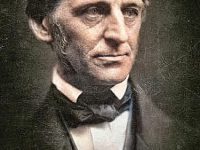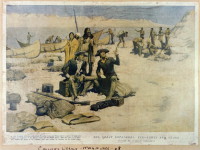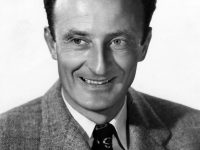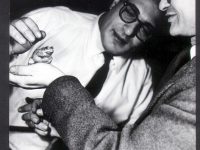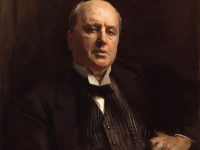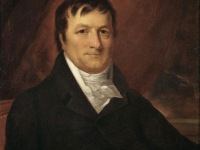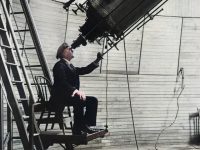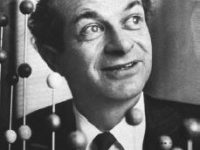Ralph Waldo Emerson and the Transcendentalism Movement
On May 25, 1803, American essayist, lecturer, and poet Ralph Waldo Emerson was born, who led the Transcendentalist movement of the mid-19th century. He was seen as a champion of individualism and a prescient critic of the countervailing pressures of society. He disseminated his philosophical thoughts through dozens of published essays and more than 1,500 public lectures. “He who is in love is wise and is becoming wiser, sees newly every time…
Read more

